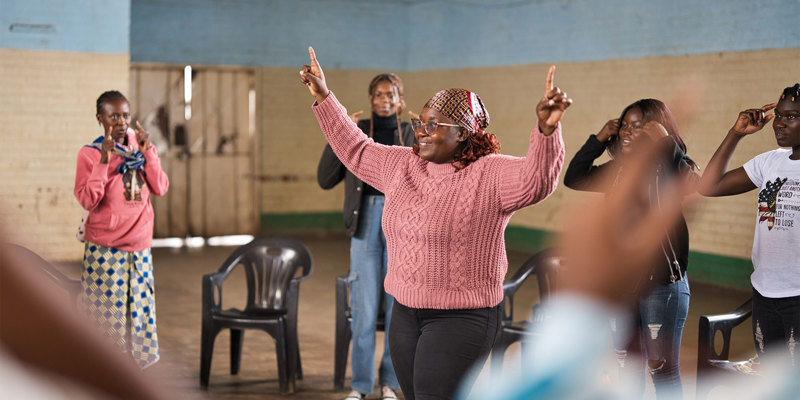Investing in Malaria: Saving Millions of Lives and Boosting the Global Economy
Statement by Peter Sands, Executive Director of the Global Fund, About the WHO World Malaria Report 2024
Many of the countries most affected by malaria are also on the front lines of climate change. In sub-Saharan Africa, where a child dies of malaria every minute, shifting weather patterns – from intense rainfall to extreme heatwaves and prolonged droughts – are not only altering the geography of malaria but also deepening existing inequalities. Water shortages, power outages and disruptions to supply chains further strain already fragile healthcare systems. Meanwhile, food insecurity and poverty weaken people's immune defenses and overwhelm community health workers, many of whom struggle to feed their own families.
We have the tools to combat malaria – from dual active ingredient mosquito nets and seasonal chemoprevention to new vaccines. However, progress has stagnated for several years. To overcome this, we must accelerate our efforts through a dual approach: investing in new technologies while simultaneously easing the strain that climate change places on health care systems. This often means returning to the basics – providing health workers with essential resources like bicycles, mobile phones or even a daily meal, ensuring they can deliver lifesaving services to those who need them most.
Investing more in the fight to end malaria not only has the potential to save millions of lives, but it can also help rebalance global economic power and stimulate trade. This, in turn, can unlock additional funding to strengthen health systems and enhance health security both in Africa and around the world. Malaria investment is not just a health imperative – it is a strategic driver of broader, far-reaching economic and social benefits.
World Malaria Report 2024 at a Glance
This year’s report presents some encouraging data and trends in global malaria control. The period 2000-2023 saw 2.2 billion cases and 12.7 million deaths averted worldwide. Forty-four countries and one territory have been awarded an official malaria-free certification from the World Health Organization, with many more moving steadily towards the goal of elimination. Some higher burden countries have also achieved notable reductions in their malaria caseload.
Despite these gains, malaria remains a serious global health challenge, claiming 597,000 lives in 2023 alone. The African region continues to be hardest hit, with about two-thirds of the global burden of malaria concentrated in 11 African countries. In 2023, the African region alone accounted for an estimated 94% of global cases and 95% of malaria-related deaths. Over half of these deaths occurred in 4 countries: Nigeria (30.9%), Democratic Republic of the Congo (11.3%), Niger (5.9%) and United Republic of Tanzania (4.3%).







